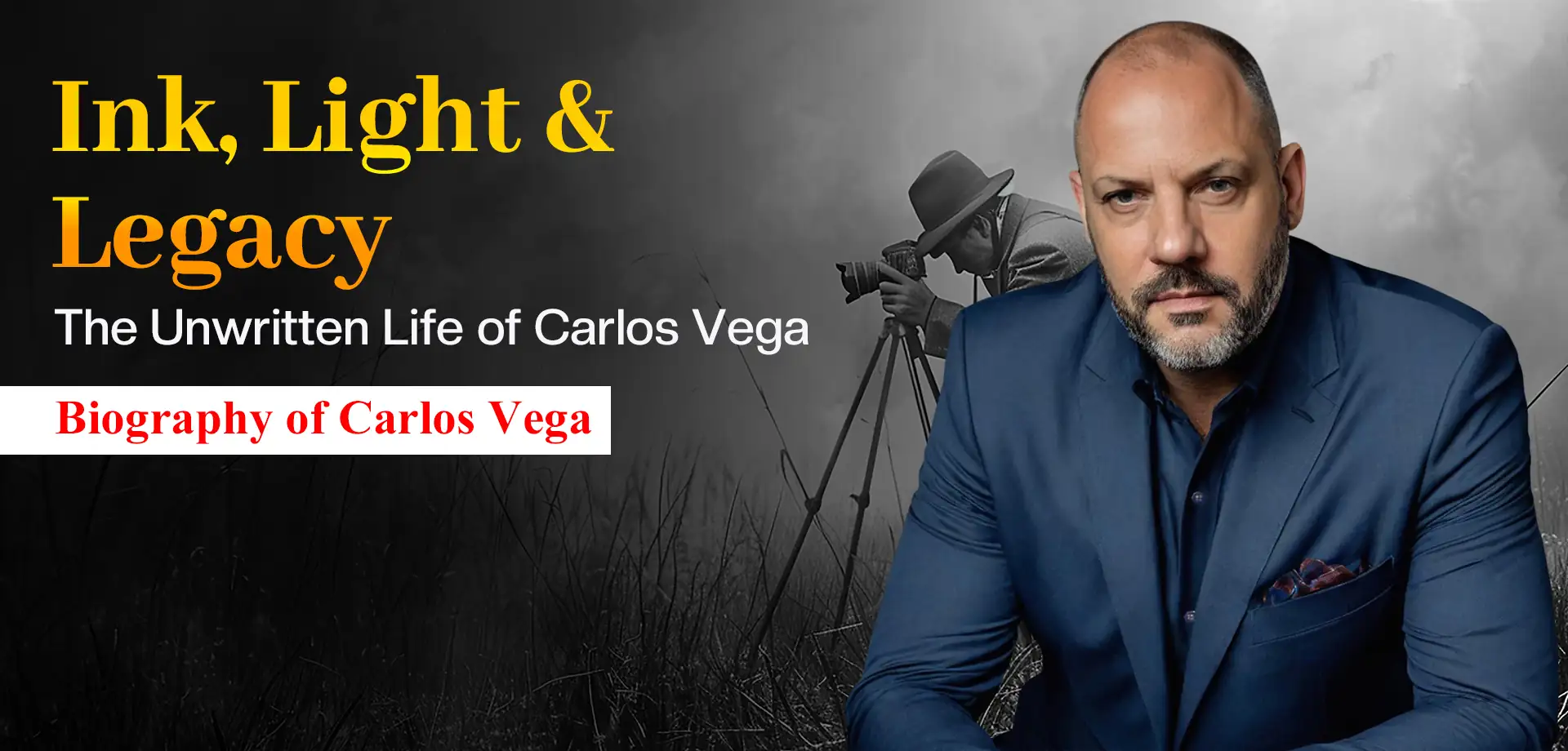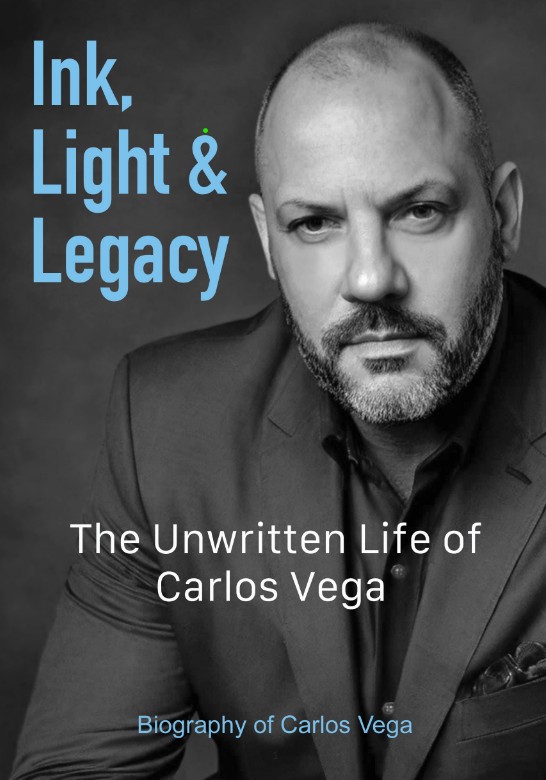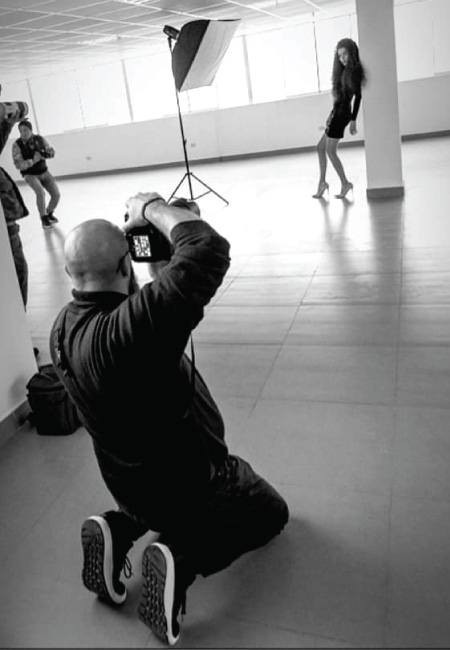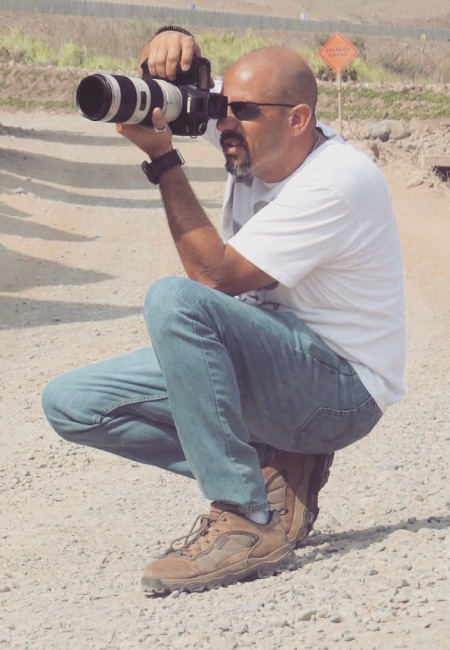

“Behind every great artist stands a community of believers who saw the light even before the world did.”
Introduction
Success is rarely born from comfort — it is carved from choice, change, and an unshakable belief in the unseen. The life of Carlos Vega is one such narrative: not linear, not predictable, and never constrained by traditional definitions of achievement. Instead, it is a portrait painted in bold strokes — across cultures, disciplines, and dreams — always in motion, always evolving.
Carlos Vega holds an Honorary Doctorate in Humanities and Visual Arts, a recognition bestowed upon him for his significant contributions to the fields of culture and visual expression. This accolade reflects his commitment to enriching the cultural landscape through innovative ideas and artistic endeavors. In addition, he was honored with the title of Kentucky Colonel by the Governor of Kentucky, a prestigious designation that recognizes individuals for their notable achievements and community service. This title symbolizes not only a personal honor but also a commitment to the values of leadership and philanthropy, highlighting his lasting impact on both the local and broader community.
Born in Lima to a Peruvian father and a British mother—a heritage that deeply influenced his identity and worldview—Carlos was raised between nations and shaped by worlds as different as law, photography, and Japanese calligraphy. Carlos Vega is not the product of one path, but of many. He is proof that a single passion is not always enough to define a life—and that true greatness often emerges from the intersections where structure meets creativity, where risk meets intention, and where uncertainty meets conviction.
In a world that often demands we choose one identity—lawyer or artist, scholar or dreamer, student or teacher—Carlos has chosen a different route. He has chosen all of them. Not in contradiction, but in harmony. Each phase of his life adds a new dimension to his artistry, a new perspective to his purpose. Law taught him how to reason. Business taught him how to build. Photography taught him how to see. Shodo taught him how to be still. Wine taught him how to savor.
And through it all, he remained a student of life, guided not by certainty, but by curiosity. His story is one of resilience — of arriving at doors that wouldn’t open, and deciding to build his own. Of hearing “you can’t” and answering with action. Of walking into new cities, new countries, and new disciplines with nothing but a hunger to learn and a heart committed to growth. It’s the story of a man who never stopped questioning and never stopped creating.
Phase 1 : Born to Wander, Molded to Create
“Home is not always a place — sometimes, it’s the lessons you carry with you.”

The story of Carlos Vega begins in Lima, Peru — a city alive with contradictions. As a young boy, his world was filled with sensory richness: the scent of Peruvian Cuisine steaming on street corners, the vibrant murals painted across worn colonial walls, and the hum of stories exchanged in living rooms long into the night. He was always curious—not loud, but observant, a child who preferred watching rather than speaking, storing the world in mental snapshots before he ever held a camera.
At age nine, that world shifted dramatically. His family moved to Mexico, setting the stage for a lifelong relationship with transition and transformation. Mexico City’s vastness was intimidating at first — louder, faster, bolder. While others adapted quickly to new customs and social norms. Carlos took his time. He absorbed the rich tapestry of cultures around him, he observed the nuances of daily life, and he learned to decode identity through gesture and environment. That sensitivity would later define his photography.
School at Edron Academy offered a multicultural environment, but Carlos was already fluent in both Spanish and English from a young age. Since both Peru and Mexico share Latin roots, there was no need to blend cultural identities. His only new linguistic exposure was to French, which he studied in school but later forgot. Teachers noted his ability to think deeply, and though he wasn’t always the most vocal student, his essays and projects hinted at a quiet depth that set him apart.
At Pickering College, a boarding school in Ontario, Carlos found himself alone, far from home, far from family. At first, the silence was loud. He missed Peruvian warmth and Mexican color. Canadian winters were harsh. But it was here, in solitude, that something vital began to emerge: self-reliance. He had to build his routines, advocate for himself, and find comfort in discomfort. He would later describe this Phase as one of the most formative of his life.
The shift into university came with another transition — from emotional growth to intellectual rigor. Enrolling at Laurentian University to study Law and Justice wasn’t just a career decision. It was an attempt to turn idealism into action. “I always wanted to help people,” he recalls, “and law seemed like the right tool to do that.” His professors praised his analytical thinking, but more than that, they remembered his curiosity, always asking questions that went beyond the textbook.
Yet, the seeds of artistry were already being sown. Carlos never stopped noticing the light slanting through the windows, the colors of autumn leaves on campus, and the way people’s eyes changed when they talked about something they loved. Even in the world of legal language and logical frameworks, he saw emotion and nuance — the very things he would later capture through a lens.
Phase 2 : Law, Life & Learning: The Unscripted Detour
“Not all who wander are lost — sometimes they’re simply searching for the right frame.”

When Carlos Vega began his academic journey in Law and Justice at Laurentian University in Canada, it was with a clear and noble intent: to create a future grounded in purpose, structure, and the service of others. Law, to him, wasn’t just a career — it was a way of standing up for those without a voice, a structured tool for creating fairness in a world often marked by injustice.
And for a time, it made sense. It made his family proud. It felt like the right path.
After returning to Peru with his degree in hand, Carlos encountered an obstacle that would alter the course of his life — the Peruvian legal system did not recognize his Canadian law degree. He applied for validation, enrolled in a master’s program in Civil and Commercial Law at Universidad San Martín de Porres, and did everything possible to align his education with local requirements. But despite his efforts, doors continued to close.
For a young man who had spent years abroad, studying with the dream of becoming a lawyer, the rejection was more than bureaucratic — it was deeply personal. It felt like his identity had been invalidated along with his degree. “I had invested everything into that future — emotionally, intellectually, financially — and suddenly it was taken from me. I had to ask myself: who am I if not this?”
For a while, he tried to stay the course. He worked in law firms, took positions as a legal assistant, and pursued postgraduate studies. But the spark was gone. What had once been a calling now felt like a cage.
In the face of this uncertainty, Carlos turned to survival — and then, to reinvention. He stepped into entrepreneurship, launching businesses in retail, real estate administration, and consulting. The work was challenging and often rewarding, but something was always missing: fulfillment. During this time, he began to reconnect with an old friend — photography. It had always been there, in the background, waiting quietly for him to return. He realized that his camera, unlike the courtroom, never rejected him. It asked only that he observe, that he feel, and that he tell stories. And slowly, he began to do just that.
Carlos took a leap of faith. He enrolled at IPAD – Instituto Peruano de Arte y Diseño to study Digital Photography. Surrounded by younger students, with no formal training in the field, he started over. And for the first time in years, he felt alive.
Phase 3 : Through the Lens: Building Carlos Vega Photography
“To capture a moment is to conquer time — to create an image is to shape memory.”

In 2009, Carlos Vega made a decision that would redefine his future. With a second-hand camera and a deep hunger to express himself, he launched Carlos Vega Photography. It wasn’t just a business — it was a declaration of freedom. A bold commitment to live by creativity, and to finally listen to the voice that had been whispering to him all along: This is who you are. Photography, for Carlos, was never just about aesthetics. It was about truth. Emotion. Narrative. Whether capturing the tactile appeal of a product, the strength in a model’s gaze, or the quiet poetry of an abandoned space, he wasn’t interested in simply creating “content” — he was crafting visual stories with soul.
Early on, the challenges were constant. Equipment was expensive. Clients were skeptical. The creative field was saturated, and success felt like an elusive frame, just out of focus. “I realized very quickly that talent alone wouldn’t be enough,” he recalls. “I had to outlearn, outwork, and out-believe the obstacles.”
He studied relentlessly. His first year at IPAD gave him technical grounding in digital photography, but he craved more — more direction, more intention, more vision. That hunger led him to Colombia, where he enrolled in Fotodesign – Escuela Colombo Argentina de Fotografía Publicitaria, specializing in fashion and advertising photography. It was a turning point. Surrounded by peers from all over Latin America, mentored by experts who demanded excellence, Carlos began to see his work transform from promising to powerful.
Returning to Peru, he brought not just knowledge, but a new standard. While others stuck to traditional formats, Carlos pushed the boundaries. He transformed everyday spaces into cinematic sets.
He once orchestrated a full shoot inside a historic submarine, typically open to tourists, closed off to him for six hours. Another time, he arranged a fashion shoot inside an airplane, overcoming logistical hurdles most would never dare attempt.
His work was featured in campaigns, exhibitions, and conferences. He was invited to speak at Foto Image Perú and Fovitech Perú, becoming a sought-after voice in the regional photography community. But even with a growing reputation, Carlos never lost sight of something more important than fame — his responsibility to share.